Time Periods
Paleolithic
Mesolithic
Neolithic
Chalcolithic
Bronze Age
Iron Age
Classical Period
Post-Classical Period
Early Modern Period
Industrial Period
Contemporary Period
Time Periods
Paleolithic
Mesolithic
Neolithic
Chalcolithic
Bronze Age
Iron Age
Classical Period
Post-Classical Period
Early Modern Period
Industrial Period
Contemporary Period
Location
About
Ngawen, an 8th-century Buddhist temple compound located in Central Java, Indonesia, represents a significant religious structure from the Sailendra dynasty. The site originally consisted of five temples, but only one has been successfully reconstructed to date. Notable for its exquisite lion statues at the corners and reliefs of kinnaras, Ngawen showcases typical Central Javanese temple architecture using andesite stone. The temple's construction predates the famous Borobudur, hinting at its historical importance in the region's Buddhist architectural development. The presence of both Hindu and Buddhist symbols suggests a complex religious history, possibly indicating a conversion or blending of religious influences. The temple's connection to other nearby Buddhist sites, such as Mendut and Borobudur, forms a significant cultural landscape aligning with Mount Merapi. Ngawen's remains illustrate the region's rich archaeological and cultural heritage, despite challenges from looting and natural disasters.
Gallery
Explore photographs of ancient structures, artifacts, and archaeological excavations at Ngawen
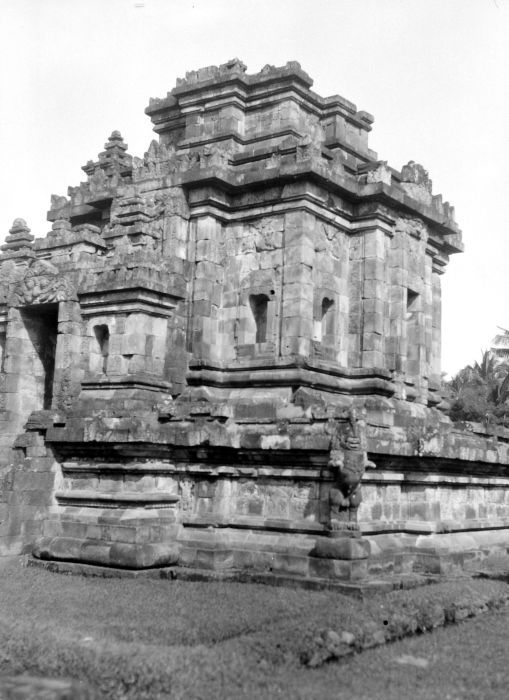
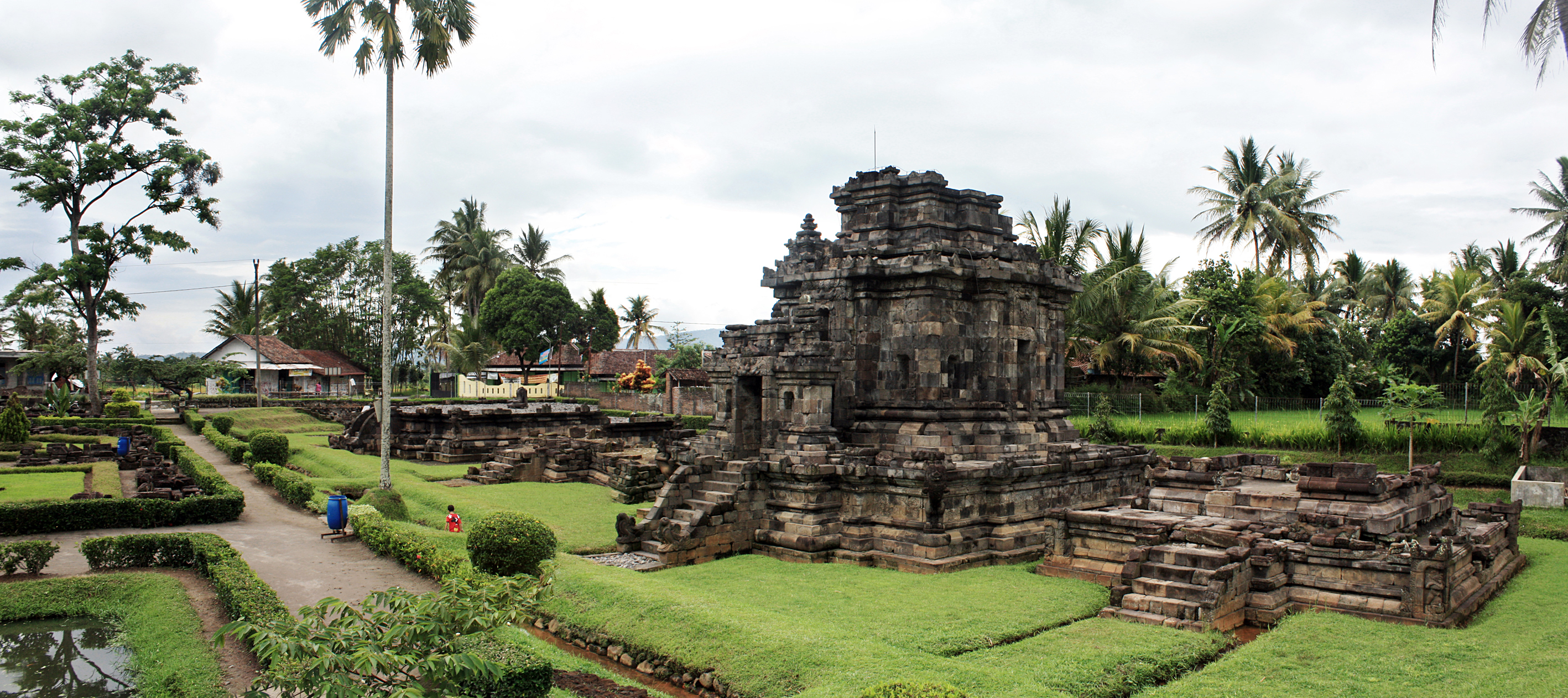
Archaeological Features
Explore the unique architectural and cultural elements found at this historical site
Religious and Ritual Structures
Artistic and Decorative Features
Historical Timeline
Journey through time and discover key events in this site's archaeological history
Frequently Asked Questions
Discover key insights about this historical site's significance, excavation history, and archaeological findings
Plan Your Visit
Details
- Country
- Indonesia
- Source
- Wikipedia
More Sites in Indonesia
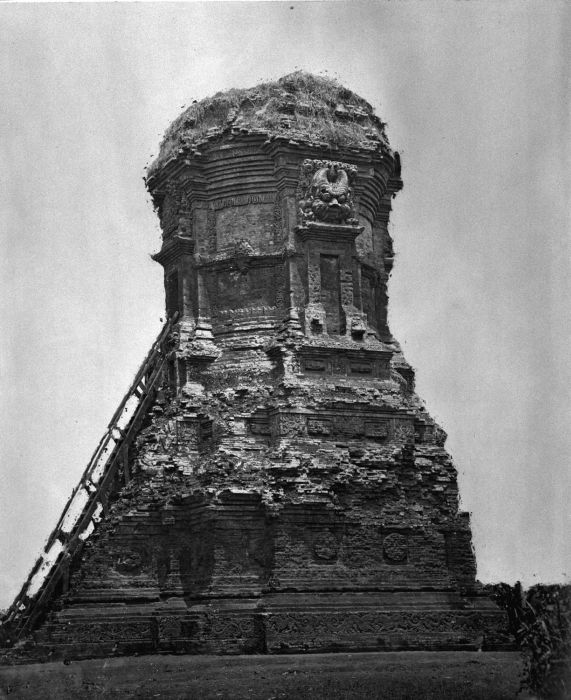
Jabung
14th-century brick Buddhist temple in Java.
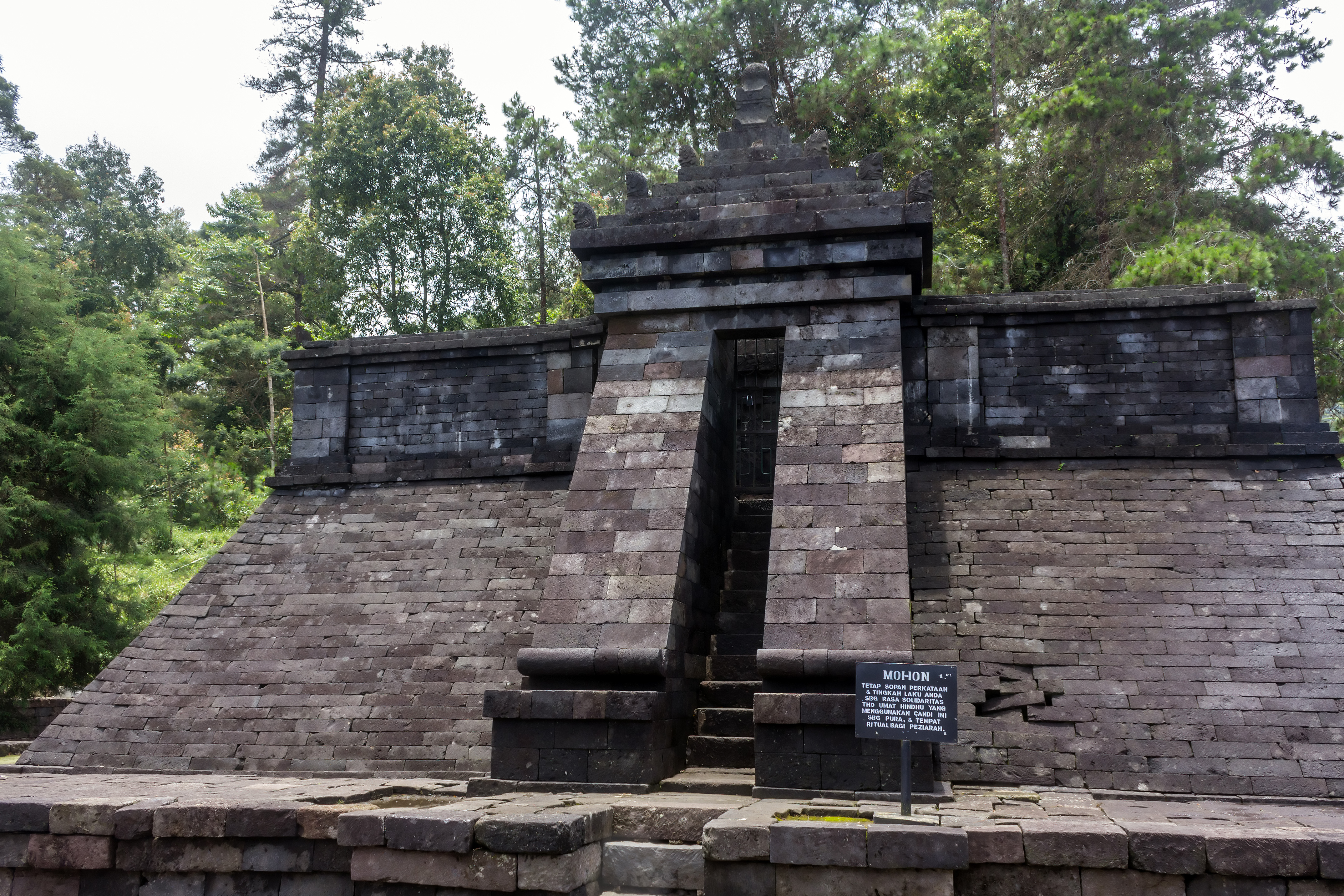
Ceto Temple
Fifteenth-century Javanese-Hindu temple on Mount Lawu.
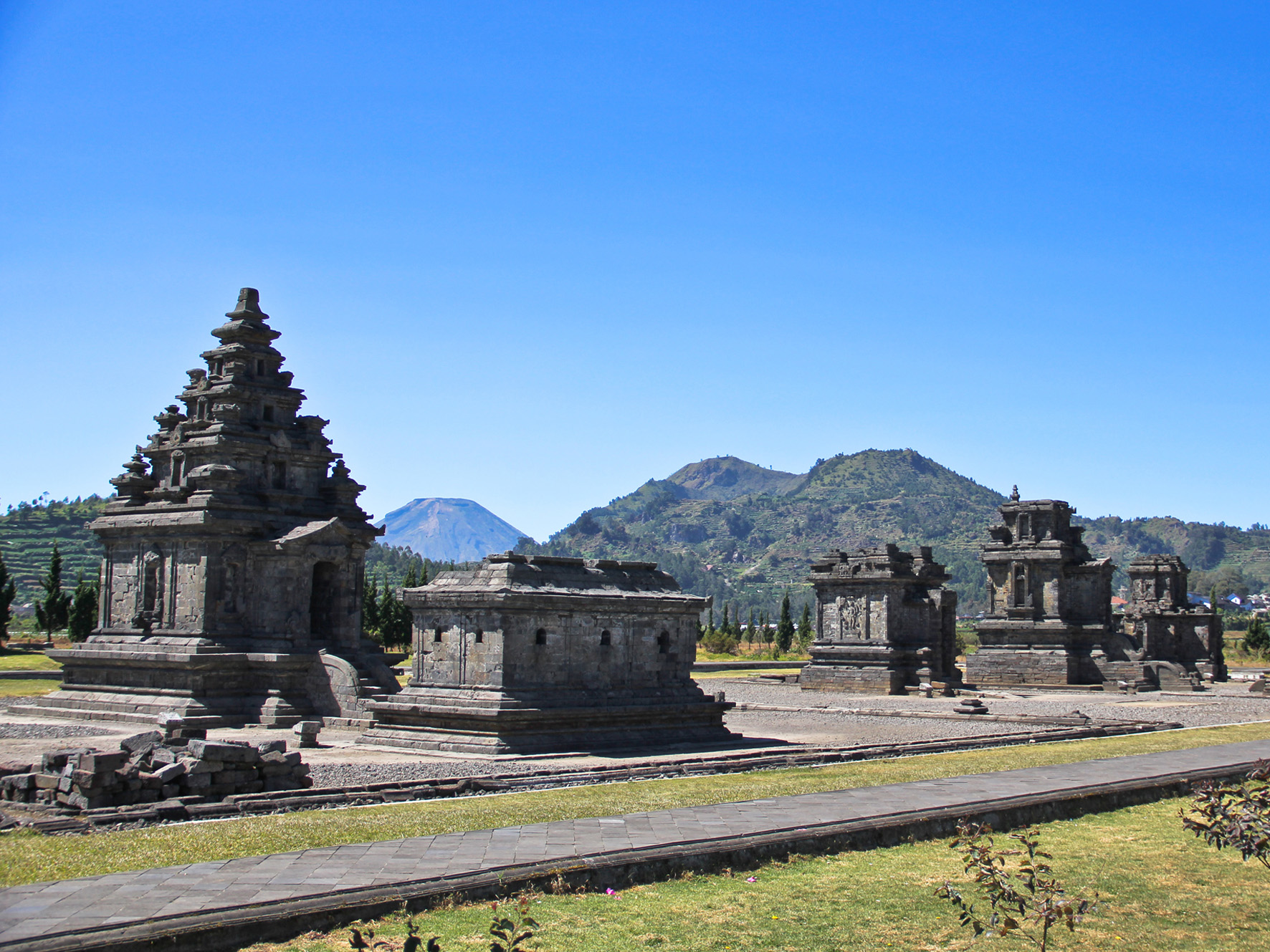
Dieng Plateau
High-altitude volcanic plateau with ancient temples.
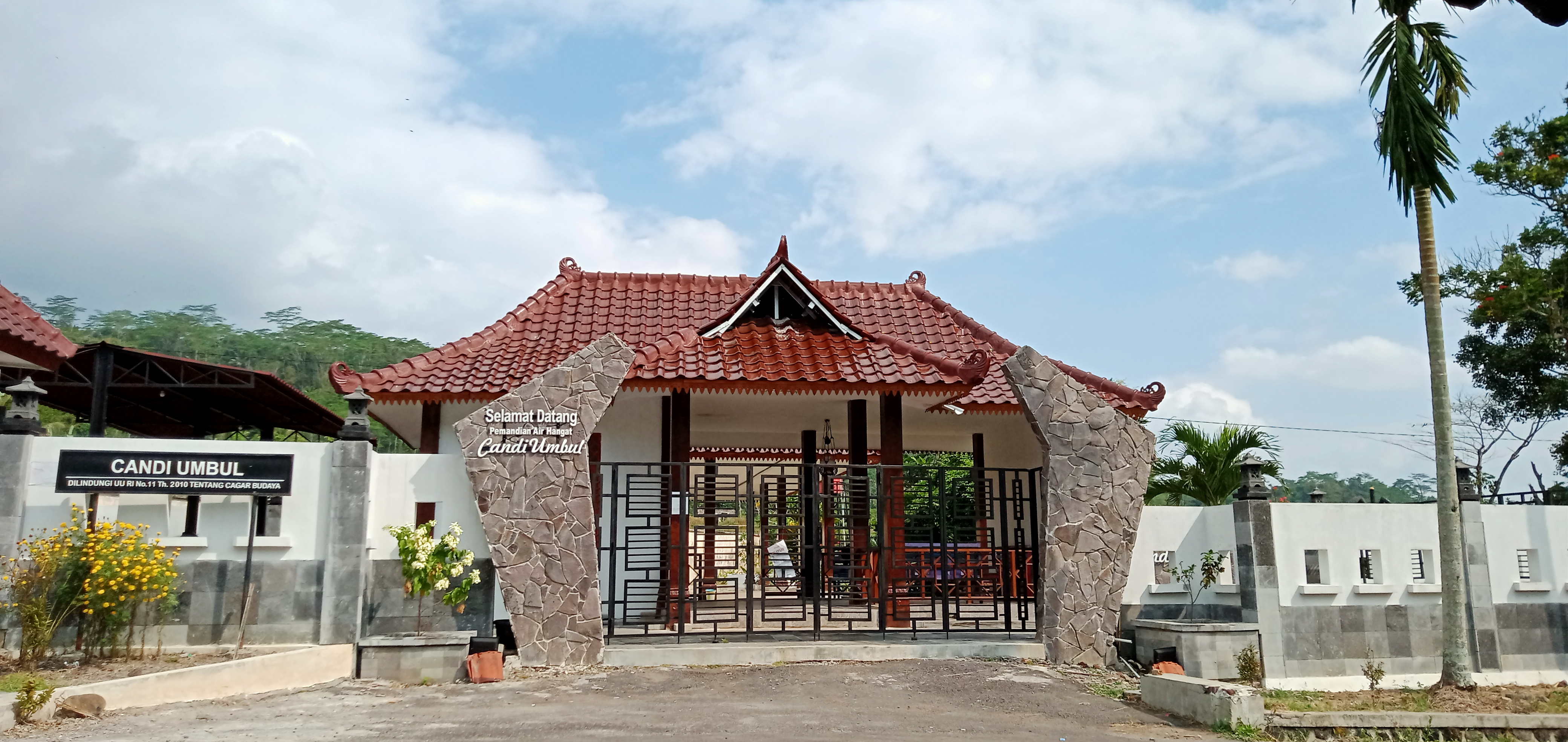
Umbul Temple
9th-century Hindu temple with bathing pools.
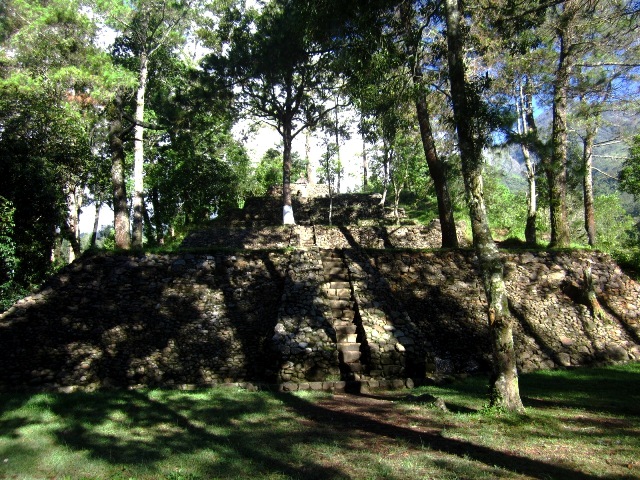
Candi Kethek
Terraced megalithic Hindu temple with seven terraces
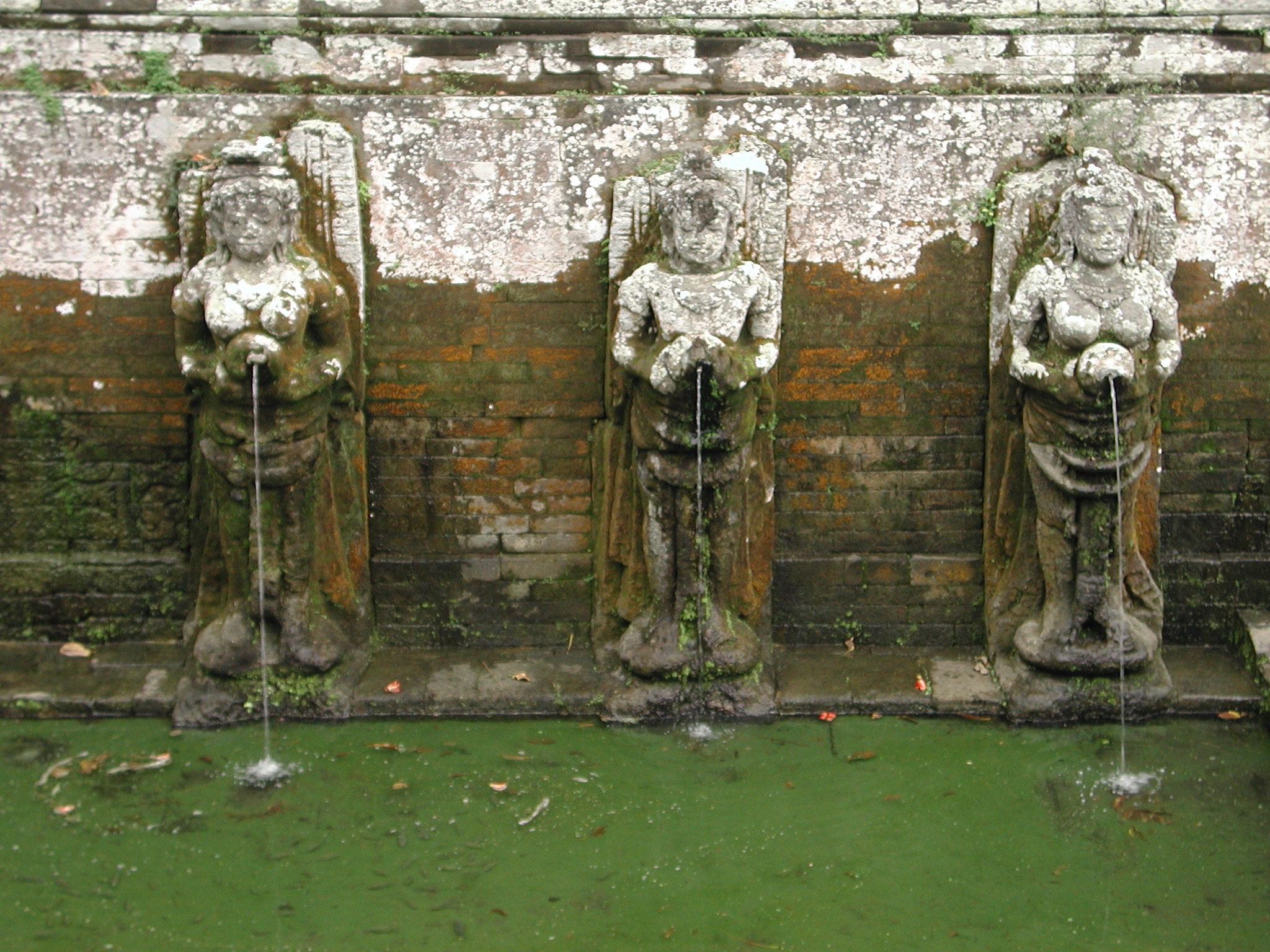
Goa Gajah
9th-century sanctuary with Hindu-Buddhist imagery.